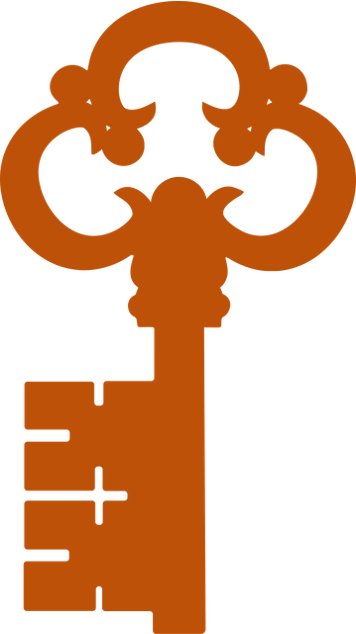I came across an article about a study finding that “People who unconsciously predict complex patterns are more likely to hold a strong belief in God.”
In “a study about why and how brains come to believe in gods,” the “researchers used cognitive tests to measure the prevalence of the ability known as implicit pattern learning among religious communities in the United States and Afghanistan.”
The study “called for participants to press buttons that corresponded with a sequence of dots that quickly appeared and disappeared on a computer screen…Participants with the strongest implicit learning ability were able to subconsciously learn the pattern of the dot sequence, even pressing the correct button prior to the appearance of the next dot. None of the participants were aware that the dots were following a pattern.”
There was a “pronounced prevalence of implicit pattern learning among true believers.”
Implicit learning takes place without being aware of what’s being learned. For example, learning how to ride a bicycle takes place without an intentional transfer of knowledge as in a class or lecture. In the study cited, people weren’t being taught the pattern of the dots, and they weren’t aware they were figuring out the pattern. They just did it and got better at it.
How does this apply to our lives and faith? Perhaps implicit learners are predisposed to assume there is an order behind the tasks at hand, so it may be easier for them to make the leap to faith in a deity that has ordered the cosmos.
